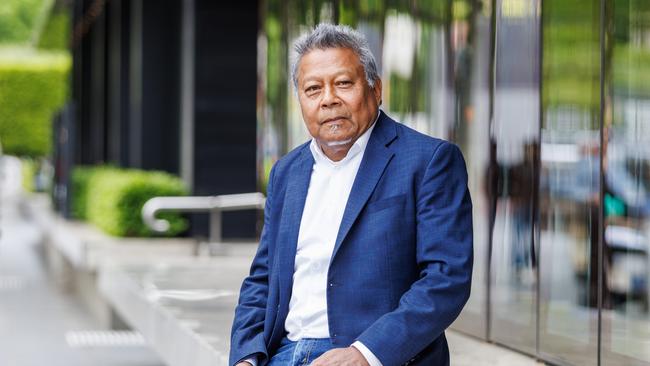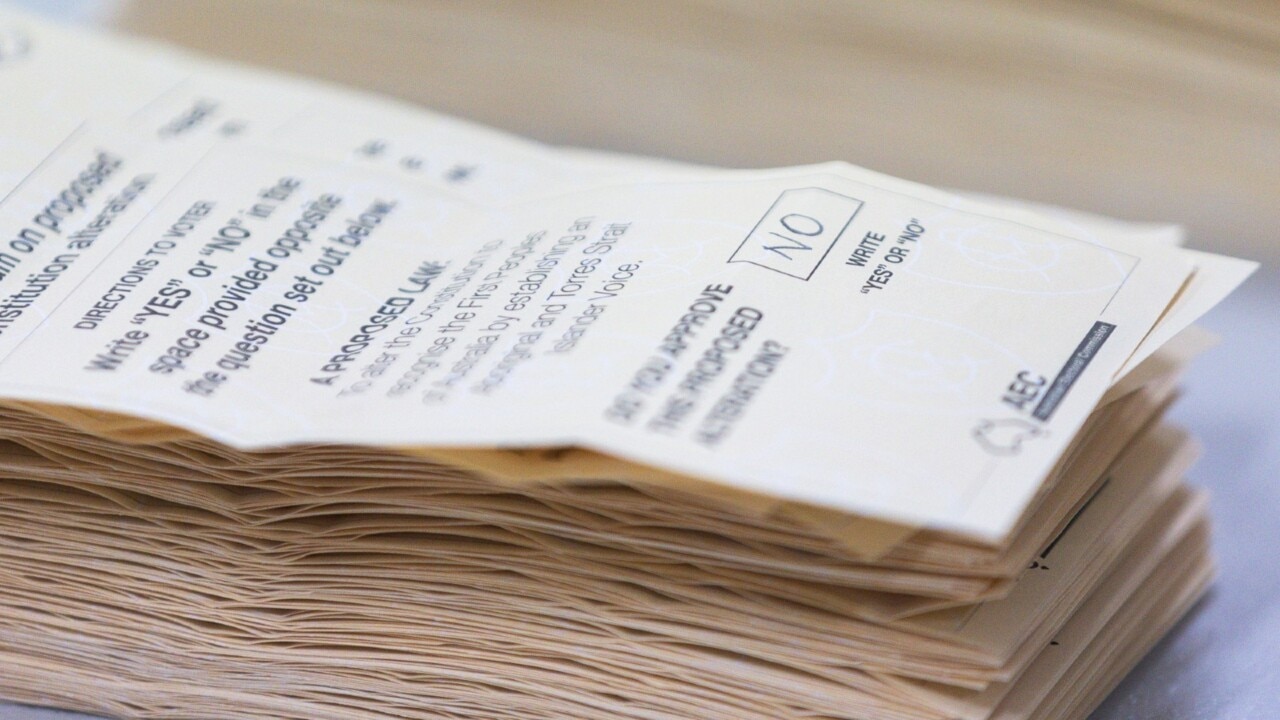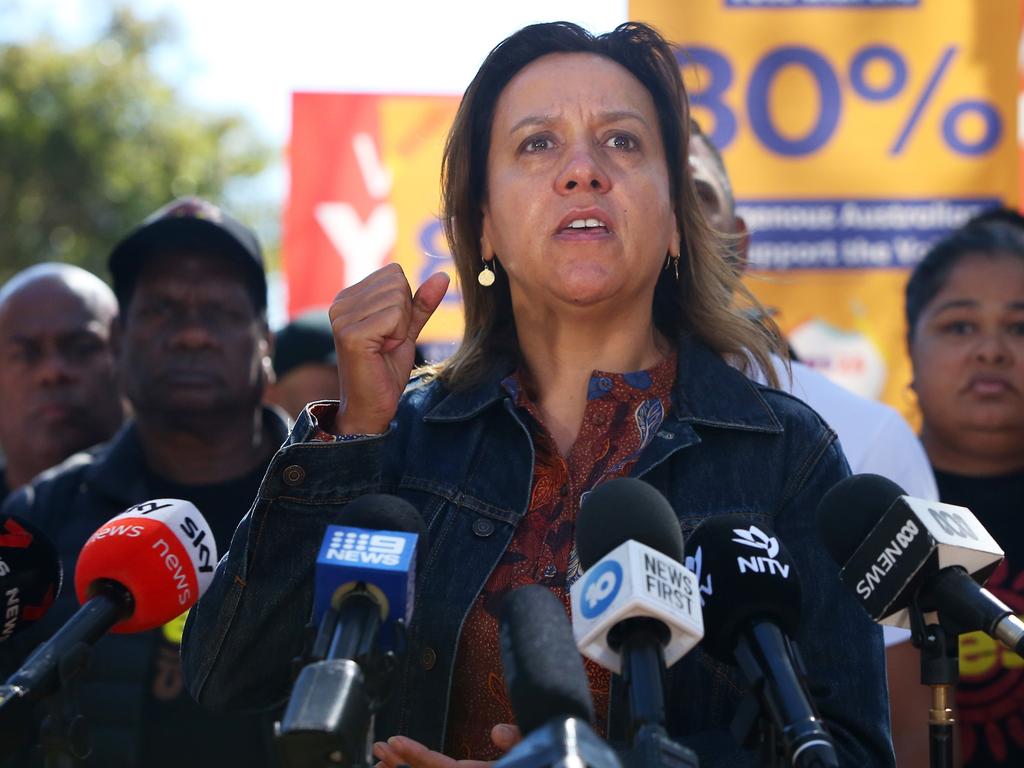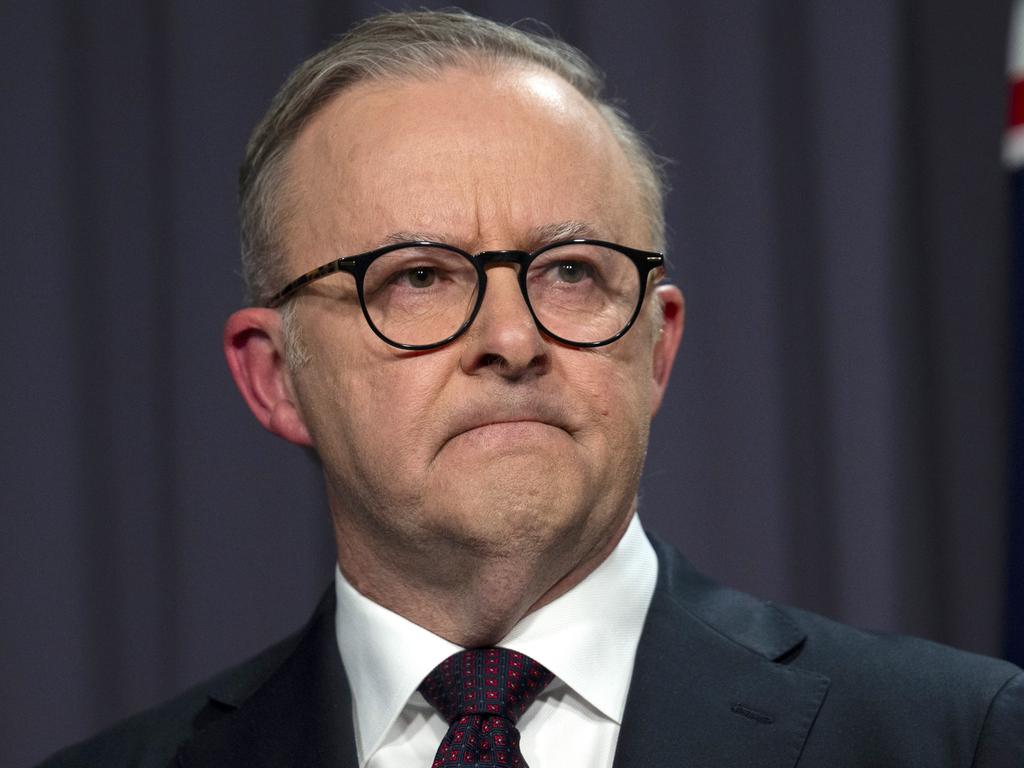Indigenous Australians should share in nation’s critical mineral wealth: Peter Yu
Indigenous people should ‘own the risk’ so that they can take charge of their economic future, Indigenous advocate Peter Yu says.

Indigenous people should have a stake in the nation’s lucrative critical mineral resources sector and “own the risk” so that they can take charge of their economic future, a leading advocate says.
And a new “national inquiry” should look into why the current government investment in addressing Indigenous disadvantage is failing to close the gap, Peter Yu believes.
Addressing the Social and Economic Outlook conference in Melbourne, Professor Yu said the “devastating loss” of the voice referendum was still being felt by many Indigenous Australians, but “bold ideas” were now needed to improve their lives including partnerships with governments on resource development.
“It’s likely that these minerals are going to be found is on Aboriginal land. Northern Australia has probably 90 per cent of the interest. That’s the opportunity,” he said. Professor Yu, vice-president (First Nations) at the Australian National University and a veteran advocate for Indigenous advancement, said it was vital Indigenous communities and corporations had equity in future projects and governments should be looking at how to navigate new commercial partnerships.

Continuing with a “deficit approach” in trying to close the gap between Indigenous and non-Indigenous Australians was a road to nowhere, Professor Yu said.
“The only way that things are going to change is if we own that risk ourselves,” Professor Yu said.
But institutional reforms would be needed to help build capacity in Aboriginal corporations and communities to navigate potential new partnerships, he said. And there were further questions around how equity would be determined, noting that at present it was the shareholders of large public companies who were the primary beneficiaries.
Speaking in a panel session on inclusion, Professor Yu said he was pessimistic about the political appetite for change in the wake of the No vote on October 14.
“I think we are not an inclusive society. We have a very prejudiced and biased view … when it comes to First Nations communities,” he said. “Quite clearly the political environment won’t shift in the next 18 months leading up to the next election. The opposition believes it is on a winner, given the majority of Australians supported the racist misinformation (that was) out there, so probably the government’s not going to move all that much.”
He said an investigation of First Nations funding was critical given the lack of progress on Indigenous disadvantage.
“Rather than having royal commissions for political purposes, why not have a national inquiry into the structural and systemic impediments that failed to deliver (the improvements) that the investment is supposed to be providing,” he said.
Productivity Commissioner Natalie Siegel-Brown told the panel that future aged-care policy would have to meet the expectations of ageing Baby Boomers.
“Almost every sector except for prisons and aged care we have removed institutionalised settings,” she said. “I think we need to ask ourselves whether we as a society see ageing as something that should take place in society, or in a bed elsewhere.”







To join the conversation, please log in. Don't have an account? Register
Join the conversation, you are commenting as Logout